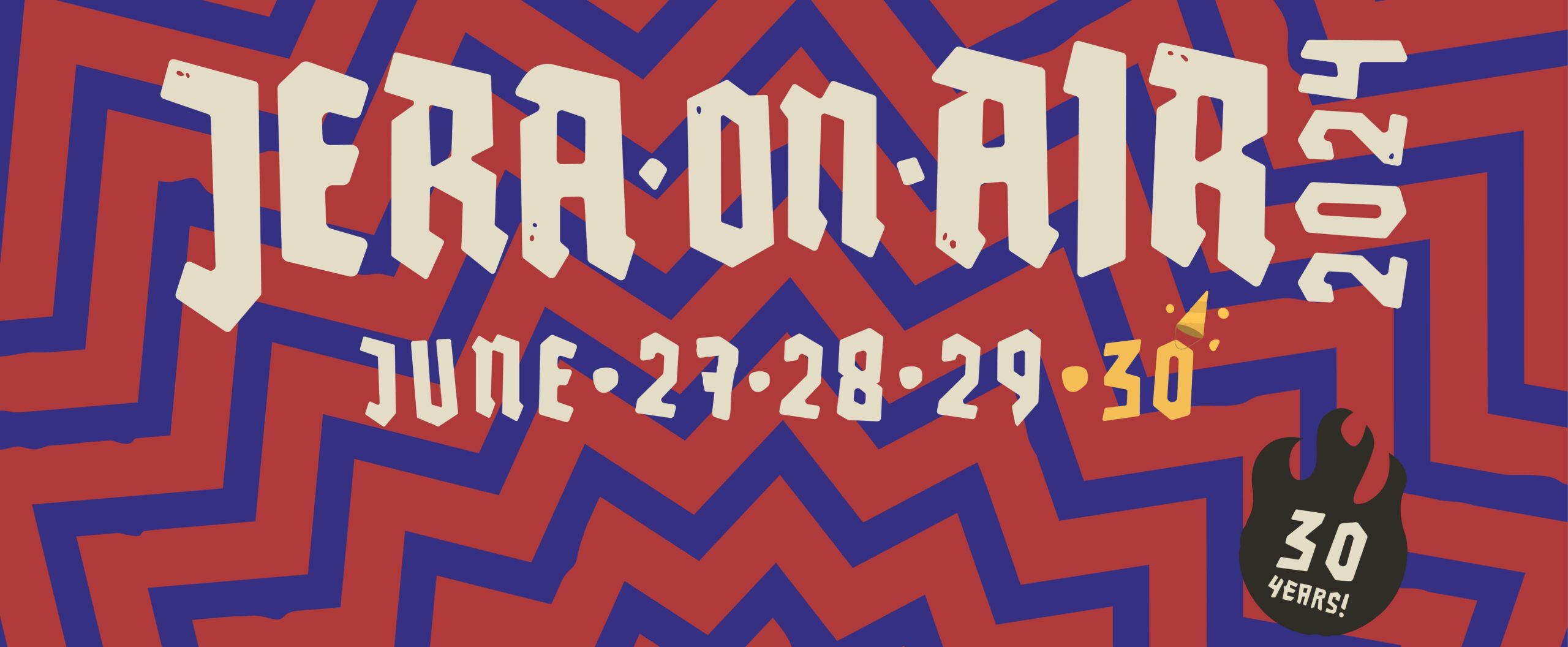Album Review: The Wonder Years – Sister Cities

The isolated vocals in ‘Pyramids of Salt’ help to set the mood for the song. The small cluster of bass notes reverberate, and only help to add to the rainy-day melancholy vibe. We get the theme of the album straight from the off—exploring mortality, acceptance and letting go, ‘growing flowers from your chest’. The lyricism battles itself between gentle and coaxing, to jarringly, unnervingly haunting. When I was listening to this album the first time around, even only two songs in, it was taking my breath away, and left me feeling all tongue tied as to how to explain what this album makes you feel. This album is the very definition of a rainy-day album. The rain glistening in puddles on the street—the smell of the rain in the air, but also the freshness in the breeze that there’ll be nothing but bright skies ahead.
The instrumentation on ‘It Must Get Lonely’ are infinitely more upbeat, though certainly a long way off from being cheerful. The guitars trail off pretty early on, letting Campbell’s voice carry the song. At least in the first half of the album, this is one of the songs that’s more drum heavy. This album instils a sense of wanderlust in you—despite the struggles that Campbell describes, the world is still capable of being beautiful. Near the end of the song, the guitars kick in all at once and it sounds very reminiscent of something that you might have heard on ‘The Greatest Generation’, and it’s a nice throwback, a nod to their roots if you will.
‘Flowers Where your Face Should be’ is the first acoustic addition to the album. The bass kicks in slowly, adding another layer to the song. One of the most fascinating things about this album is that we see the world the way that Campbell sees it, picking up and focusing on ordinary people—finding comfort in something strange, ‘there’s a man with his head in his hands on the sidewalk/his wife’s there behind him just off the street/she scratches his back as he sobs on the asphalt’. It’s a beautiful ode to someone dear to him, and how no matter how far from home you may be, you can always see reminders of people that you’ve cared about. The lyricism in this album just keeps on getting better with ‘Heaven’s Gate (Sad and Sober): but despite how fast paced the guitars are, the songs don’t feel aggressive. ‘Heaven’s Gate’ is a pleading, begging song about not wanting to forget the little details about someone (‘you disappear in fragments and phases of the moon’). Narratively, the song reaches a horribly haunting, chilling end: ‘You were the rifle on the wall/And it was always going to end like this’.
The soft and gentle bass opens up ‘The Ghosts of Right Now’, and it serves as a juxtaposition with Cambell’s jarring lyricism. Throughout the entire album, it’s in a race with itself over themes. Between acceptance, and letting go—but not wanting to forget, and wanting to preserve the memory of someone, (‘and you looked skinny at my wedding/sick of carrying the weight’).
‘When the Blue Finally Came’ is a stunning addition to what very quickly shaped up to be a phenomenal album. Coming in at only two minutes and eleven seconds, it was faultless. And that’s a pretty good way to sum up this album. Faultless. It’s rare to find an album that every song is enjoyable, of course there were songs that I enjoyed more than others, but I wouldn’t want to skip a single one.
I loved this album much more than I thought I did. By no means did I think I would be disappointed, but this album is a seamless spectrum of emotion. It’s grief, anger and resilience—and everything that makes the human race worth writing about. But the most wonderful thing about this album though? It’s that the songs are for everyone. And in the end, isn’t that what we all want? The Wonder Years are proof that bands that continue to outdo each record, whilst still sounding like themselves. Honesty seeps out of every pore of this album and when it comes to TWY, we wouldn’t have it any other way.
Written By
Asya Kardzhaliyska

